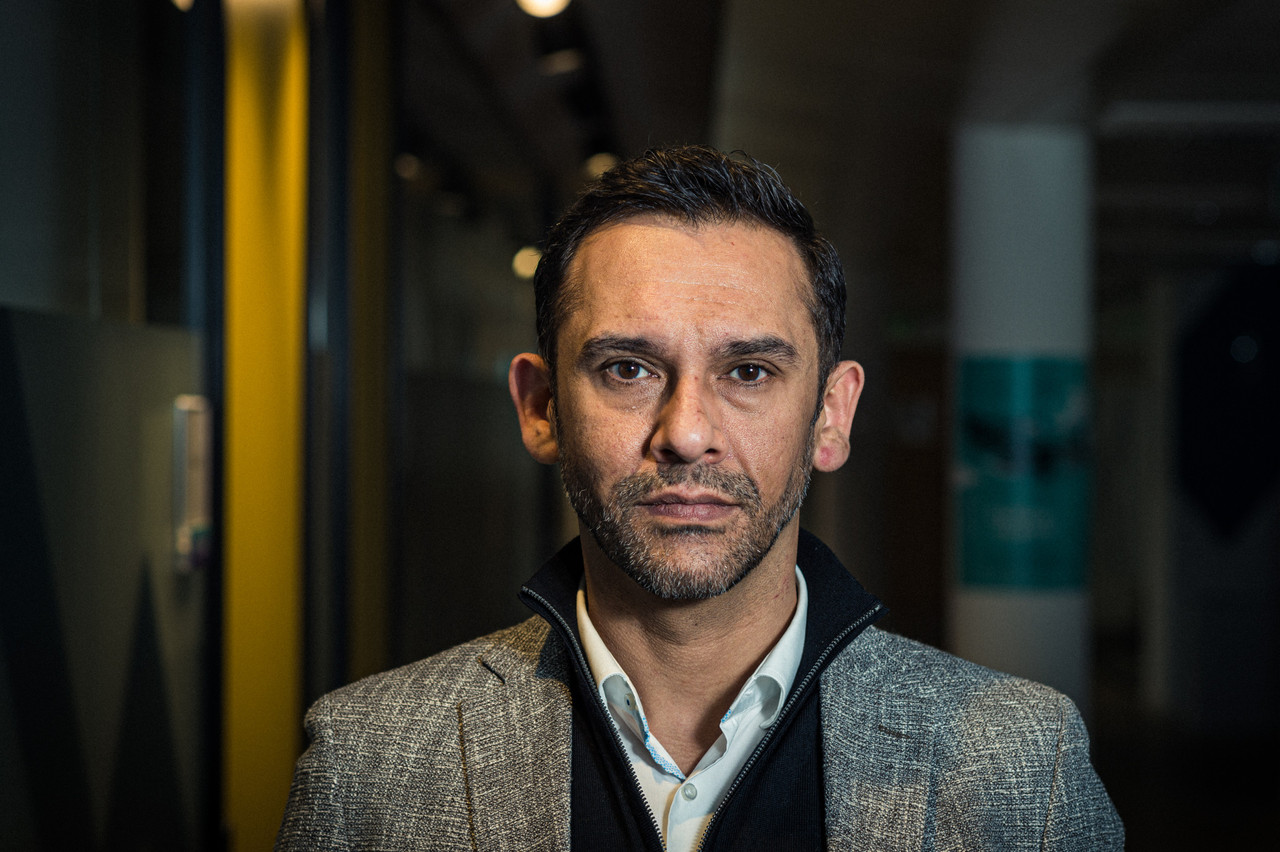The profile of investors is changing. How is fund distribution adapting?
— “The greatest wealth transfer in history is in process. The ‘baby boomer’ generation will push through at least $30 Trillion to their offspring in the next 30 years. Perhaps the reader can answer the question for themselves. If you inherited several millions, or even several billion dollars, you may want to go and sit in the office of a private banker and talk through your investments.
But then, do you want to keep going in to see them, or pick up the phone to speak to them, to get a gauge of your portfolio, or would you rather be able to get a snapshot of your wealth on your mobile? As for the composition of your investments, how much more would you focus on green investments, new tech investments, venture capital, alternative finance, crypto, relative to property and more traditional investment sectors?
How would you want to change your portfolio composition; a call to your banker, faxed and physically signed confirmations, or via a few clicks on an app? Would you perhaps want a single view of all your wealth, or have to call and speak to a variety of investment specialists who control portions of your money?
What are the biggest fintech trends impacting the financial centre?
“Costs are rising while there are increasing pressures on firms in the investment value chain to reduce pricing. Everyone is being squeezed. Add in demands for higher and higher salaries and productivity is inevitably suffering. Digitalisation is the only way to ensure future competitiveness.
As such, there is a lot of focus on technologies that can help to reduce costs of compliance, first and foremost, through better management of data, and then through levels of automation using RPA and, as we become more accustomed to the tech, more sophisticated levels of AI. A shift to cloud computing is also intertwined with the cost management strategy. Tokenisation, using blockchain, is also beginning to ramp up in popularity, delivering simpler, lower cost, and broader, access to investable assets.
Luxembourg has a highly qualified and multilingual talent pool. What can be done in order to make sure it stays that way?
“Luxembourg is a great place to work and still very attractive to foreign talent. We must continue to emphasise the incredible positives of Luxembourg to talent centres, to universities, to attract talent. But we should look to fix some of the cracks in the roof while the sun is shining. There are a few issues in the centre that are beginning to have an impact on attractiveness and that should be addressed. Cost of living, in particular housing costs, is by far the most encroaching. This then drives higher salaries, which, when also combined with enforced indexation, is becoming a bigger issue in the finance sector where justifying why a 20-something-year-old in Lux is getting paid 30%-50% more than the equivalent in London or Paris is increasingly difficult.
On the other side, retaining senior talent and potentially locking in their offspring to Luxembourg could be impacted; the high cost of living, the difficulty in purchasing reasonable property at a time when retirement is becoming more of a consideration, the disparity between married couples and single person taxation in a country where the divorce rate is very high, impacts the career/life strategy of people. On the flip side, and an area that we don’t perhaps put enough emphasis on, the pension in Luxembourg is incredible, one of the best, if not the best, in the world.”
